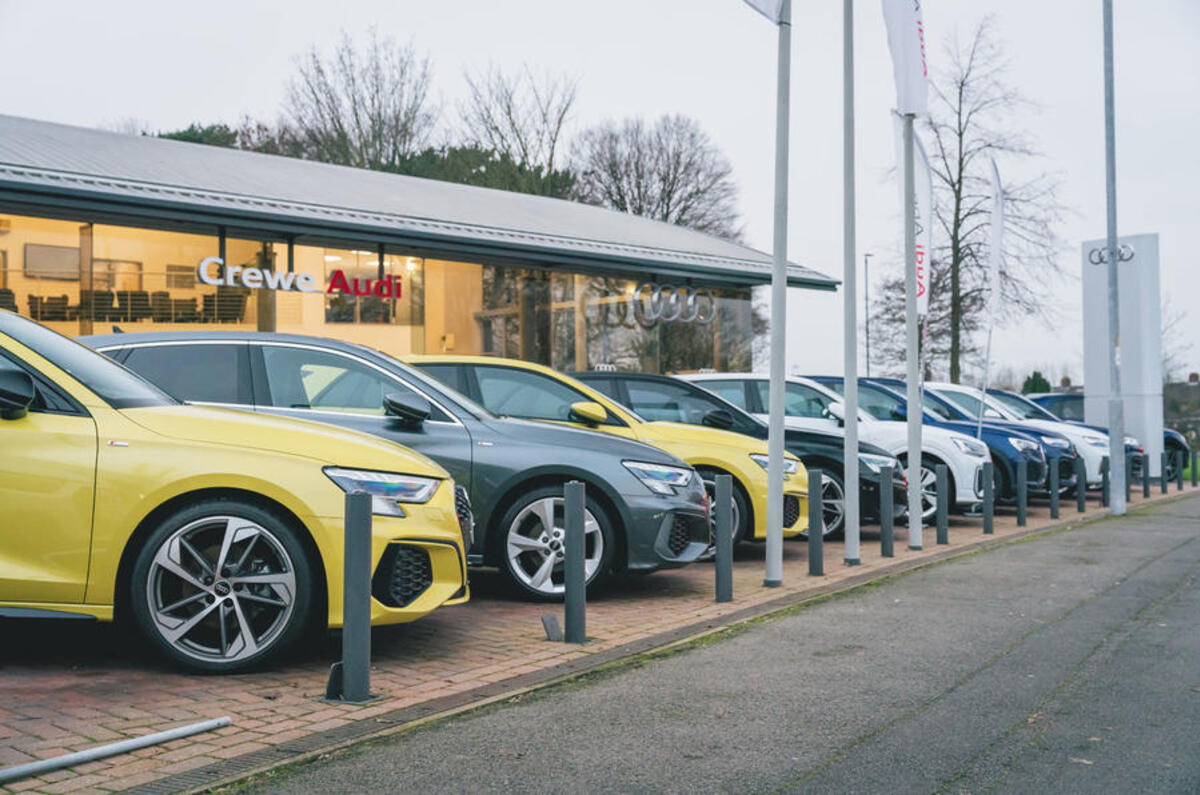Five months into 2024 and the headline figures suggest an increasingly healthy UK car market. There have been 22 straight months of growth, albeit total sales are still 20% short of pre-Covid levels.
This year, the overall market figure is not the main headline, but rather the proportion of sales that are electric, given the introduction of the ever-popular ZEV mandate and its requirement for 22% of new car sales to be electric this year.




Add your comment